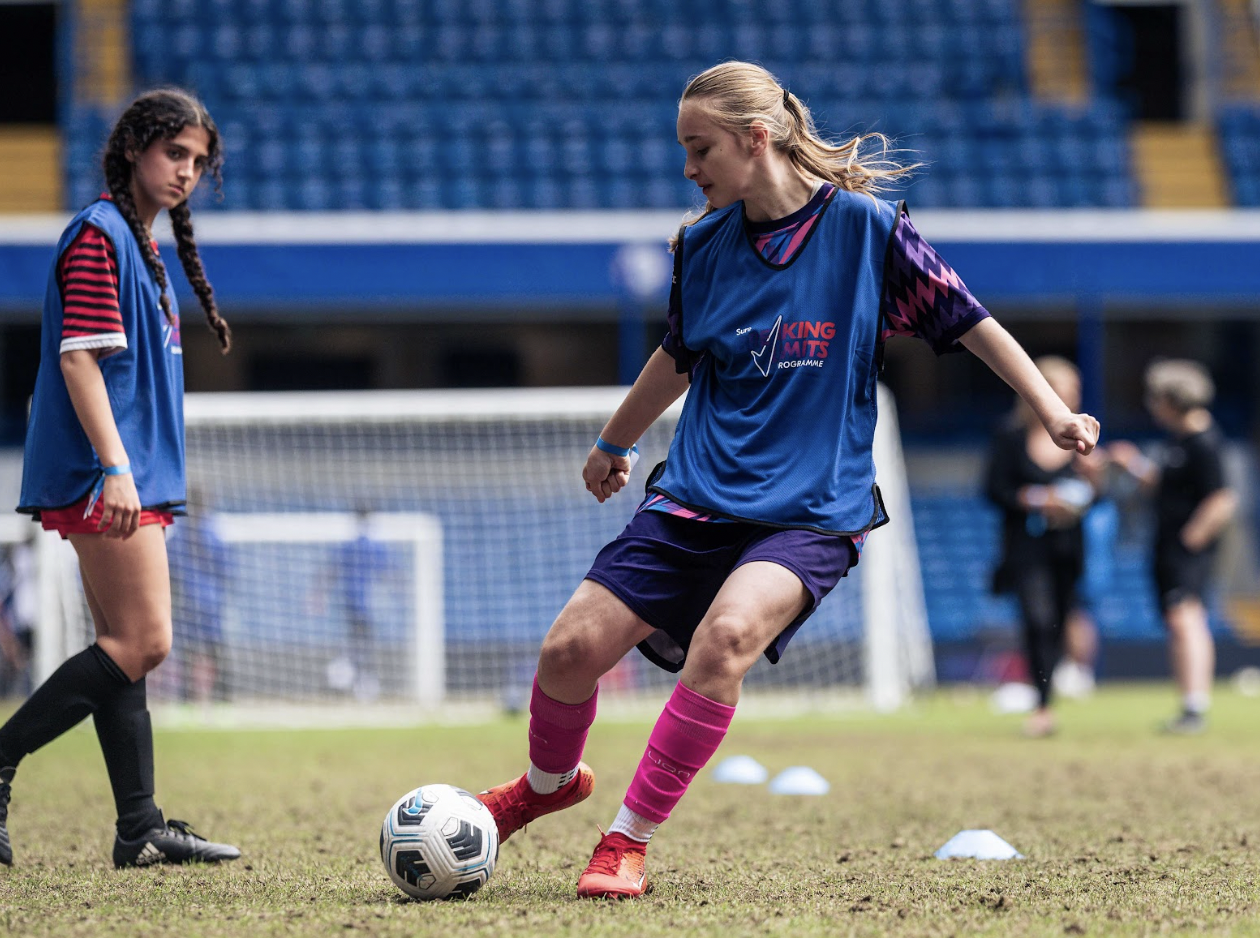September 27 – Despite a surge in women’s football participation with 4.4 million playing regularly across the UK, and 41% of women’s football clubs in the UK only being created in the last four years, research by Unilever’s antiperspirant brand Sure UK has found women’s football at a non-professional level still faces on-going equality challenges both on and off the pitch.
Amongst the findings, Sure’s study revealed that 40% of women footballers surveyed do not have access to their own pitch, one in four (25%) do not have changing room access and one in five (21%) do not have appropriate facilities for when they are on their period.
Alice Duffill, senior brand manager at Sure UK said: “At Sure we aim to facilitate everyone’s ability to reap the rewards of movement – especially in women’s football. However, it’s clear that numerous barriers remain in this country which need to be tackled. That’s why we’re committed to investing in women’s football at a grassroots level, increasing the avenues available for people to train and get involved.”
Duffill continued: “In the dynamic world of sports, brands that are allocating resources to elite sports events and sponsoring world-famous athletes hold considerable influence. It’s vital that these brands recognise their responsibility to invest into grassroots opportunities in order to level the playing field and give opportunities to women, girls, and those from marginalised communities to help foster community development, physical health, and well-being.”
The English Football Association is projecting that one in five football teams in the UK will be female by 2030. The research found that 78% of female footballers agree that opportunities for women in their local football league are still far behind those available for men.
Key barriers were identified as a lack of funding (41%), a lack of sponsors (37%) and a lack of equipment (35%).
Sure’s Breaking Limits Programme, launched in 2021, aims to get millions of young people active by cutting through the barriers that prevent participation. Partnering with 11 UK-based NGOs, including Girls United and Street Soccer London, the initiative provides funding, training, and access to coaches and safe spaces.
Targeting kids aged 9-12, it has so far reached over 1 million globally and involved 11,000 coaches. The programme aims to tackle grassroots issues head-on, focusing on real-world impact through strategic collaborations with local football NGOs.
Carly Telford, Sure partner and former goalkeeper for England’s Lionesses, said: “There’s still much more to do in order to fulfill the true potential of women’s football. We’ve come a long way but even after the international success from our Lionesses, we still have so much ground to make up. Together we need to come together to maximise the opportunities available at a grassroots level for women and girls so that everyone has the right opportunities and facilities to play wherever and however they want.”
Other findings in the research showed:
- 64% of women’s footballers are not able to have a trainer for their team
- 43% of female footballers struggle to get a referee for matches
- 29% don’t have access to a football manager
- Over half (61%) on women footballers pay for their own kit for football games, with 1 in 10 (11%) even having to go without a kit for matches
- 1 in 5 (22%) of female footballers who play for local leagues don’t feel that their community supports them
- Over 4 in 10 (43%) of women who play football in and around Wales say that childcare is the biggest barrier that they face when it comes to being able to play football, while a third of women (33%) who play football in Scotland it’s a quantity game as the biggest barrier to playing is that there are not enough other players in their local area to make up a full team and opposition
- In Northern Ireland, over 4 in 10 (43%) do not play football because there simply isn’t a local women’s team near them
Contact the writer of this story, Harry Ewing, at moc.l1745249309labto1745249309ofdlr1745249309owedi1745249309sni@g1745249309niwe.1745249309yrrah1745249309

